By The Nanyang-Waseda Double MBA Coordinator’s Office
In September last year, The NANYANG MBA had the opportunity to welcome students and faculty from the Waseda Business School for the latter’s annual Waseda Seminar Tour, choosing Singapore as their destination. It was an experience for us here in The NANYANG MBA, as our Nanyang-Waseda Double MBA students were able to interact with their Waseda counterparts and faculty members from Japan, making great connections for life.
Professor Takeshi Moriguchi, one of the esteemed faculty members in the Faculty of Commerce in Waseda University and Shuichi Mitsuhashi-san, one of the Waseda students participating in the seminar tour, share their perspectives and experiences, respectively, of what the tour is all about, why they chose Singapore as their destination, their impressions of the city-state and their experiences in meeting our Nanyang-Waseda students.
What is the purpose of the Waseda Seminar Tour?
Prof Moriguchi (Prof M): Waseda Seminar Tour is organized to give our (Waseda) students the opportunity to interact with relevant business people and have an interactive discussion on marketing topics, and this time we decided to go to Singapore. It also gives our students the chance to meet their counterparts in Nanyang-Waseda Double MBA and discuss the same. As a bonus, the trip also served as our way of relieving stress of everyday life and we enjoyed a relaxing time in between.
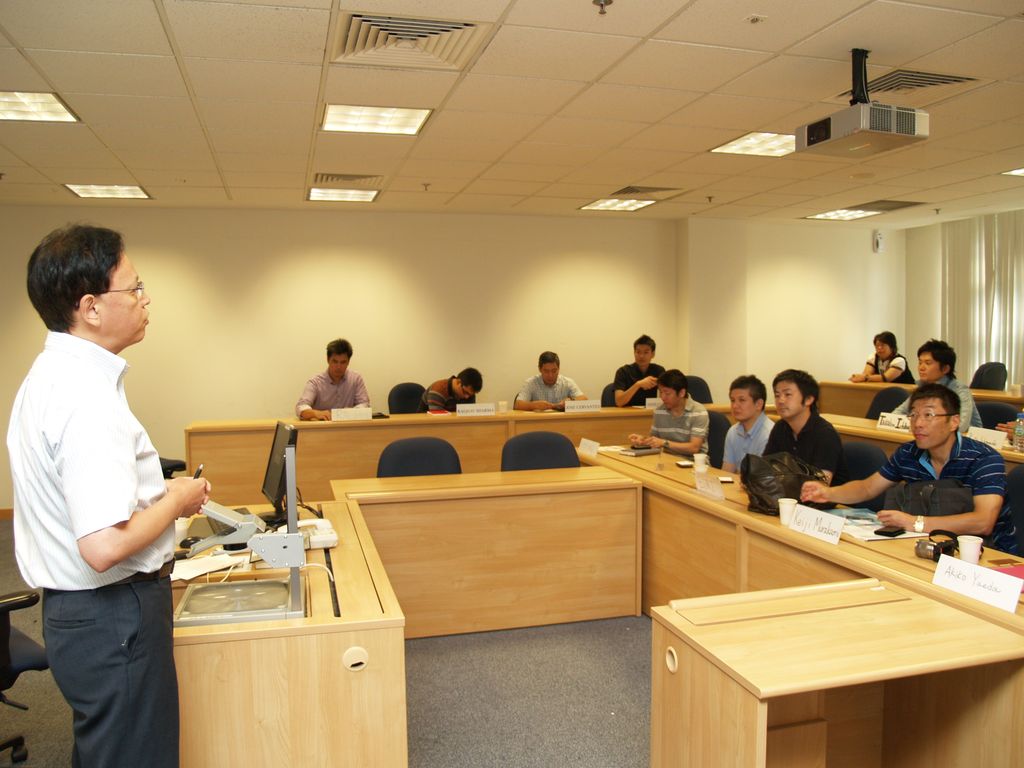
Professor Moriguchi in class, speaking to both Waseda and Nanyang-Waseda students during the Summer Tour in September 2011.
Mitsuhashi-san (M-san): The globalization of business has rapidly advanced. Therefore, we decided to go outside Japan for our seminar tour. We target to visit some international organizations and enterprises that have developed their businesses internationally, and get into a discussion about global marketing strategy with key industry professionals and leaders.
Moreover, for this trip, we aim to communicate and network with our overseas MBA peers and recognize the differences between Japanese and non-Japanese MBA students, and learn from these differences that could help us become successful in careers, post-MBA.
Why did you choose Singapore as your destination for your seminar tour?
Prof M: Singapore is very accessible from Japan. Most of the students participating in the study tour were business people and have very limited time to spare, and it was difficult for them to join a long trip. As Singapore is not so far away from Tokyo, the distance and travel time worked out well for all, therefore, we chose it as a destination.
More importantly, we knew Singapore is one of the international business location leaders in the Asia region. Thus, we hoped (which we did have) for an intellectually stimulating experience in Singapore, and we made valuable connections, too.
M-san: Singapore is recognized as the “Hub” in Asia Pacific, and takes on an important role in the international business arena. Being exposed to the country will definitely be a great experience for us, not only personally, but professionally.
Moreover, the academic level of Singapore is very high (against the global average), therefore, we expect thighly of our counterparts – MBA students in Singapore and learn from our differences and similarities in perspectives, and orientation in the business world.
What are your impressions of Singapore?
Prof M: This is the third time I have visited Singapore. Several years back, I felt that Singapore was one of the small countries in South East Asia. However, this time, even if it still remains small in size, I regarded Singapore as huge in economic progress, and a very active and vibrant country. My impression of Singapore has, indeed, changed drastically for the better.
M-san: I felt that Singapore was a very lively and vibrant place, a well-disciplined and clean country. If there is an opportunity later on, I would like to experience Singapore i.e. live in this city-state for a couple of years. Overall, the country is very attractive to professionals like me, as it is an easy & convenient place to live in.
Share with us your interaction with our Nanyang-Waseda Double MBA Students.
Prof M: Diversity is one of the many significant characteristics of the Nanyang-Waseda Double MBA. There was a great mix people and cultures. I believe that diversity produces positive educational effects in the strength of the cohort which brings out the best in people. Diversity trains people well, , in dealing with people from various cultures and backgrounds. This is important once they finish the program and out into the business world.

Nanyang MBA student Harutaka-san (in white shirt) discussing with his counterparts from Nanyang-Waseda and Waseda during the Summer Tour

Sharon Ng (standing) one of the Nanyang-Waseda Double MBA students in a discussion with her Waseda and Nanyang-Waseda peers.
M-san: Everyone in the Nanyang-Waseda program was a go-getter, friendly and appealing. In the short time that I have interacted with them, they are all outspoken, but at the same time they acknowledge other people’s opinions. They are also very results-oriented. If given the chance to earn an MBA abroad, I would like to be part of the Nanyang-Waseda program as the students left me an immense positive impression.

A group photo to remember the Summer Tour.
We have spoken to one of our students in Nanyang-Waseda, who had the opportunity to interact with their Waseda counterparts during the tour. Yodahvee, our student from Thailand who previously worked as an analyst in Thailand with one of the world’s largest publicly traded oil and gas company, said , “It was a great opportunity for us in the Nanyang-Waseda program to meet our counterparts from Waseda. It was a rare and valuable chance to share our views about Japan business practices from an outsider’s perspective. It was not only useful for them, but it was also helpful for us to know Japan’s working culture and way of thinking in contrast to our own views. The exchange among us students coming from various backgrounds and experience was priceless. This, among many other advantages of the Nanyang-Waseda programme, makes our program a great value-add to our professional life, post-MBA.”
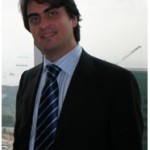
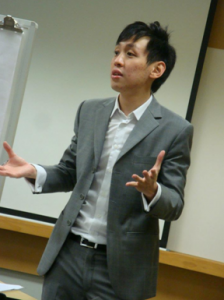
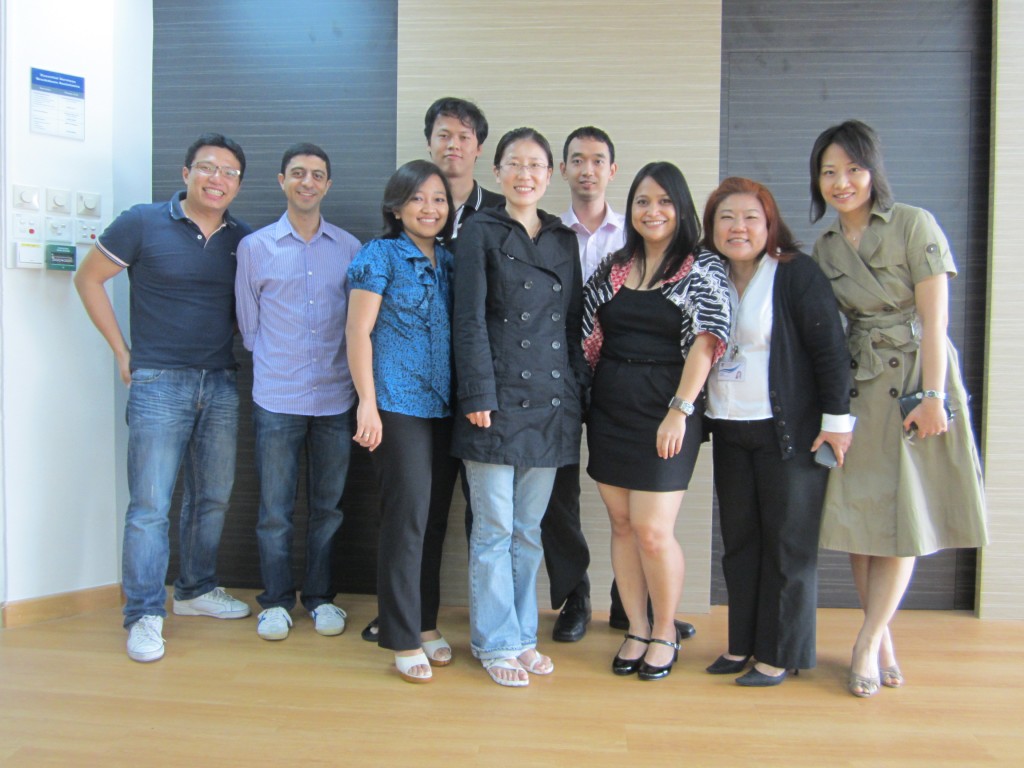

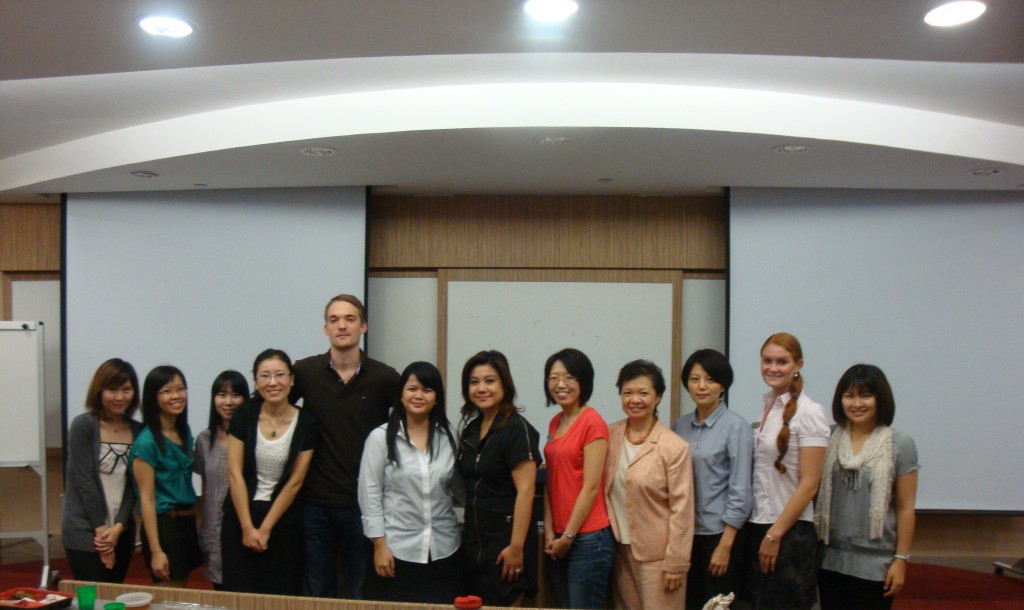







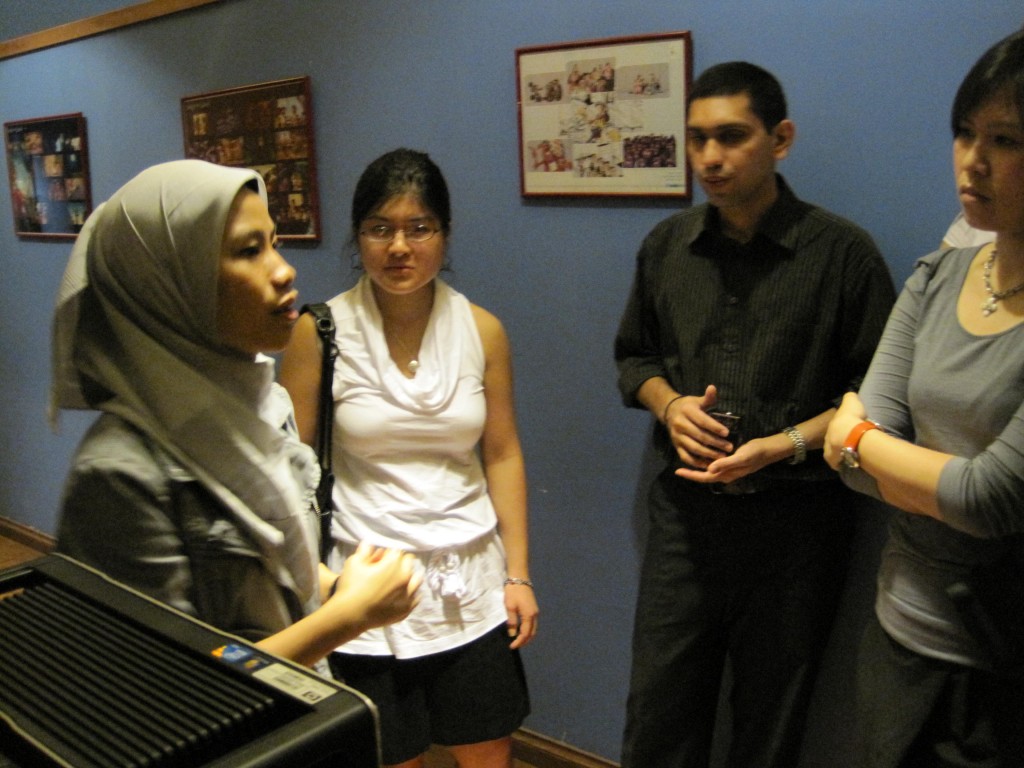

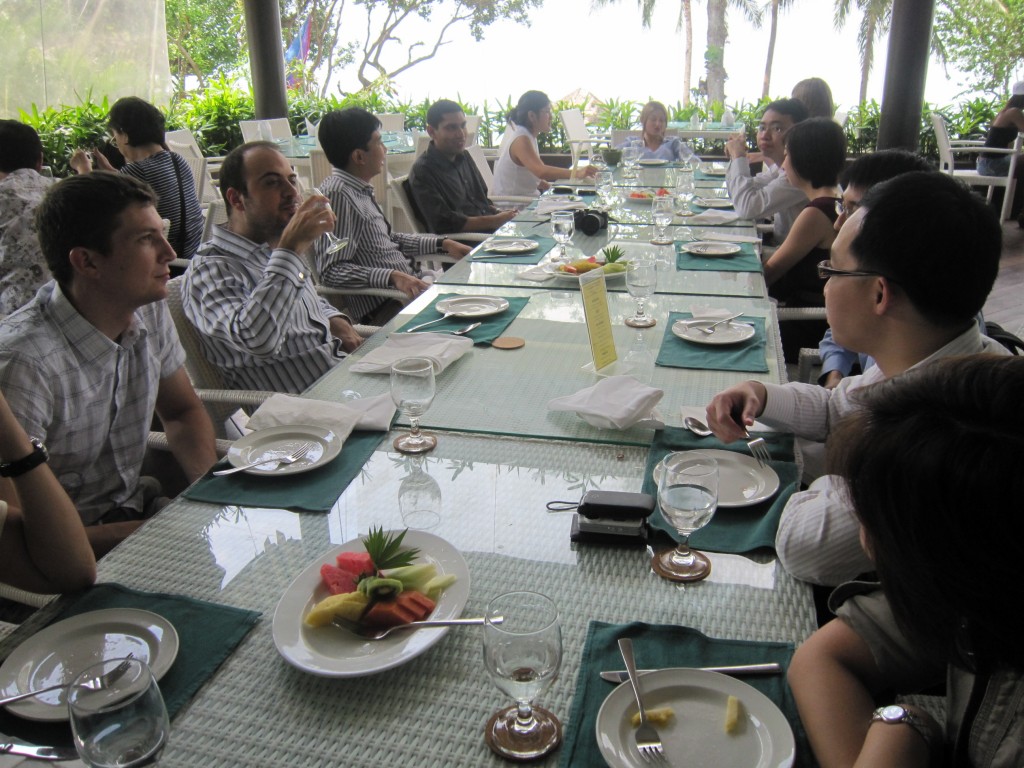


You must be logged in to post a comment.